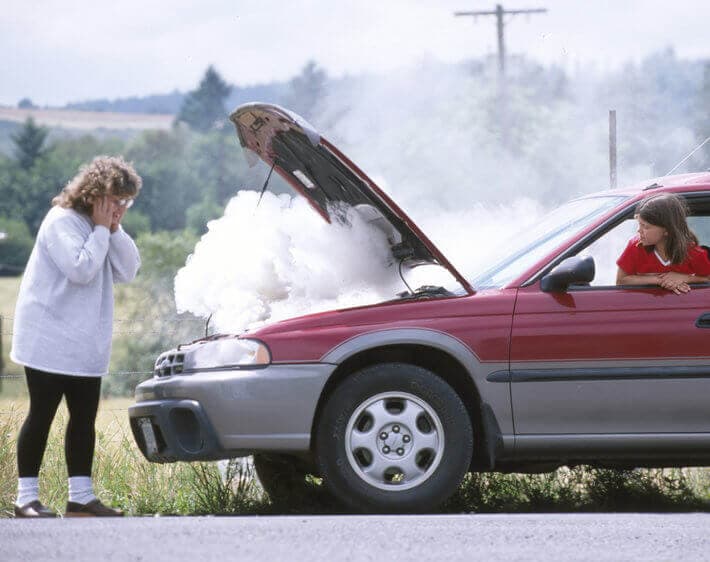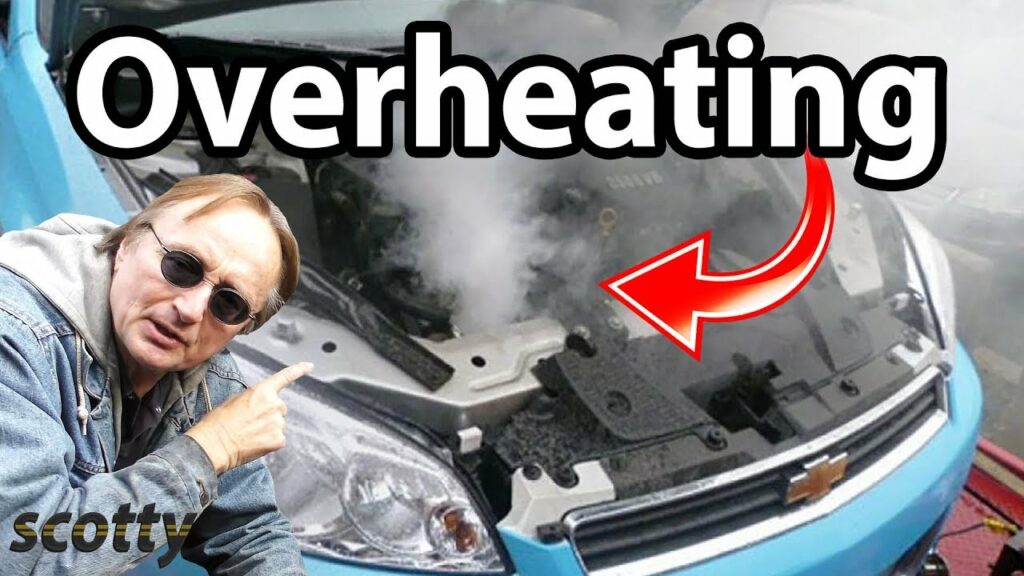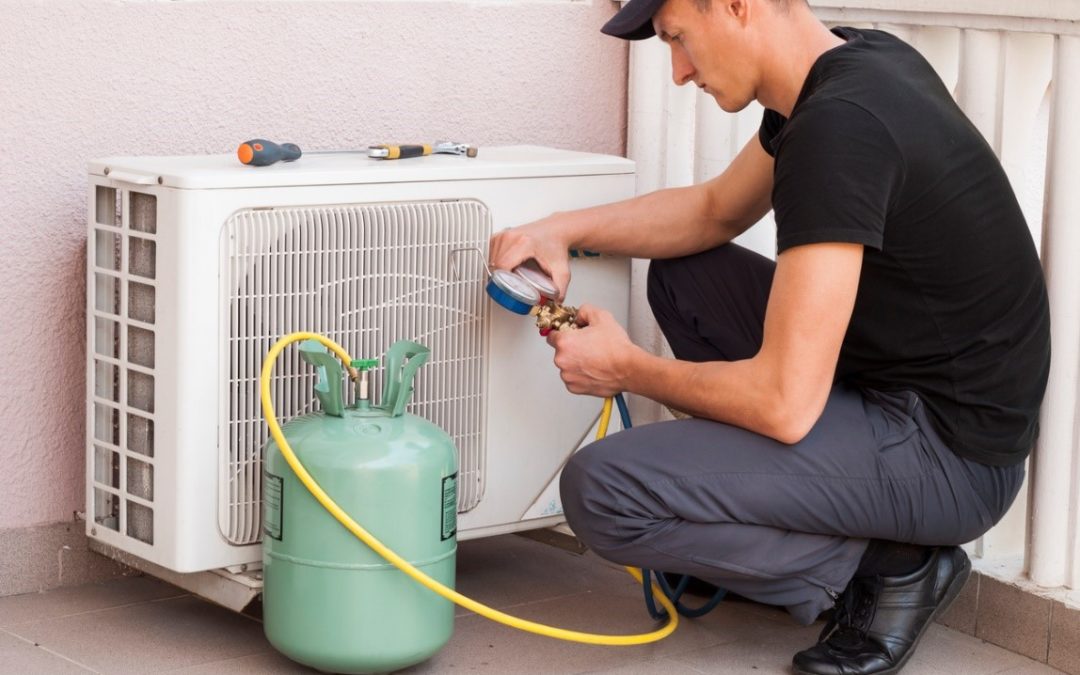There are many reasons why a car might overheat. The most common reason is that the coolant level is low. The coolant level can become low for a variety of reasons, such as leaks in the radiator or hoses, or evaporation due to heat.
Another common reason for overheating is a failed water pump. The water pump circulates the coolant through the engine, and if it fails, the coolant will not be properly circulated and the engine will overheat. Additionally, a clogged radiator can cause overheating by not allowing enough air to circulate around the cooling fins.
A car engine typically runs at about 200 degrees Fahrenheit, but it can get much hotter than that under certain conditions. If your car overheats, it means the cooling system is not doing its job of keeping the engine at a safe temperature.
There are a few reasons why this might happen:
1. The coolant level might be low. Check the reservoir tank and add coolant if necessary.
2. A radiator hose could be leaking.
Check all hoses for leaks and replace any that are damaged.
3. The water pump could be failing. This is a more serious problem that will require professional help to fix.
4. The thermostat could be stuck in the closed position, preventing coolant from flowing through the engine. This is also a serious problem that will require professional help to fix.
WHY IS MY CAR OVERHEATING, TOP 7 REASONS WHY CAR OVERHEATS
How Do You Fix a Car That Overheats?
A car that overheats can be a big problem. If your car starts to overheat, you should pull over as soon as possible and turn off the engine. Once the engine is cool, check the radiator and look for any leaks.
If there are no leaks, the next step is to check the water level in the radiator. If it is low, add water and start the engine again. Monitor the temperature gauge closely and if it starts to climb, turn off the engine and repeat the process.
If your car continues to overheat, even after following these steps, it is likely that there is a more serious issue with your cooling system and you should take it to a mechanic for further diagnosis.
What Causes a Car to Overheat While Driving?
When a car overheats while driving, it is usually due to a problem with the cooling system. The most common cause of an overheating car is a radiator leak. Other causes can include a faulty water pump, thermostat, or engine fan.
If the car does not have enough coolant, it will overheat.
Is It Ok to Drive Car After It Overheats?
If your car has overheated, it’s important to take action immediately to avoid further damage. Driving your car after it has overheated can cause serious engine damage. Once your car has cooled down, check the radiator for leaks and have it repaired as soon as possible.
In the meantime, do not drive your car until the repairs have been made.
What is the Most Common Cause of Car Overheating?
The most common cause of car overheating is a coolant leak. The coolant level in the radiator drops, causing the engine to run hotter than normal. The cooling system may also have a blockage, preventing the coolant from circulating properly.

Credit: www.tiresplus.com
How to Fix Overheating Car
If your car is overheating, there are a few things you can do to try and fix the problem. First, check the coolant level and add more if it is low. You should also check for any leaks in the cooling system and repair them if necessary.
If the radiator fan is not working properly, you may need to replace it. Finally, make sure that the thermostat is working correctly. If all of these things fail, you may need to take your car to a mechanic for further diagnosis.
What are 10 Common Causes of Overheating
Overheating is a common problem for many people, especially during the summer months. There are a variety of reasons why someone may overheat, and it is important to be aware of the different causes in order to avoid this uncomfortable condition.
1. Wearing too much clothing: This is a common cause of overheating, as wearing too many layers can trap heat and prevent the body from cooling down properly.
It is important to dress appropriately for the weather and not to overdo it with clothing when it is hot outside.
2. Being in direct sunlight: Sun exposure can cause the body to overheat, as UV rays can raise internal temperatures. If possible, try to stay out of direct sunlight during peak hours and take breaks in shady or cooler areas if you are going to be spending time outdoors.
3. Exercising vigorously: Exercise increases body temperature, so it’s important to take breaks and drink plenty of fluids if you are working out in hot weather conditions. Wear loose-fitting clothing and don’t push yourself too hard when it’s extremely hot outside.
4. Having a fever: A fever occurs when the body’s internal temperature rises above normal due to an illness or infection.
If you have a fever, rest in a cool environment and drink lots of fluids until your temperature returns back to normal range again..5 Dehydration: Dehydration can occur when you lose more fluid than you take in and it doesn’t have time to be replaced.
. Not drinking enough water or other fluids can lead to dehydration which then causes your internal temperature regulation systems to fail leading yo uto overheat . 6 Eating spicy food : Just like how certain foods make us sweat , eating spicy foods can actually trigger our bodies natural cooling mechanisms by making us sweat .
However , if we don ’ t replenish the lost fluids quickly enough , wecan become dehydrated which leads us right back into overheating territory . 7 Alcohol consumption : Drinking alcohol prevents our bodies from sweating properly which then impairs our ability regulate our internal temperatures . In addition , alcohol also dilates blood vessels which causes blood flow closer t othe surface of our skin further exacerbating heat loss .
8 Medications : Certain medications such as antihistamines , decongestants , beta blockers , diureticscan all contribute towards overheating because they interfere with how our bodies sweat or affect blood circulation ..
Temporary Fix for Overheating Car
If your car is overheating, there are a few things you can do to temporarily fix the issue. First, check the coolant level and add more if needed. Next, check for any leaks in the cooling system and repair them if possible.
Finally, turn on the heater to help dissipate some of the heat. These steps should help to get you by until you can get your car to a mechanic.
Conclusion
The car has a cooling system that helps regulate the engine temperature. However, if the coolant level is low, the engine will overheat. The radiator is responsible for dissipating heat, so if it is not working properly, the engine will overheat.
Driving in hot weather can also cause the engine to overheat. If the car overheats, it is important to pull over and turn off the engine immediately. Allowing the car to cool down before adding more coolant and starting the engine again.
- Get free Insurance Tips from Experts







